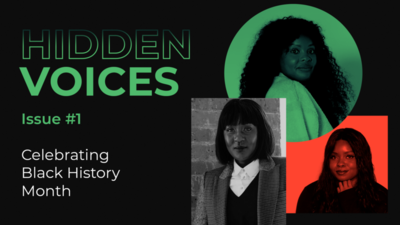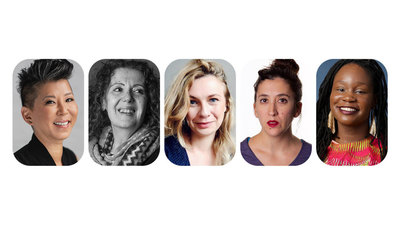
BY VINAY UMAPATHY |
'Stranger at the Gate' director on overcoming prejudice and the transformative power of community
Unpacking belief and the ethics of consequence with director Joshua Seftel
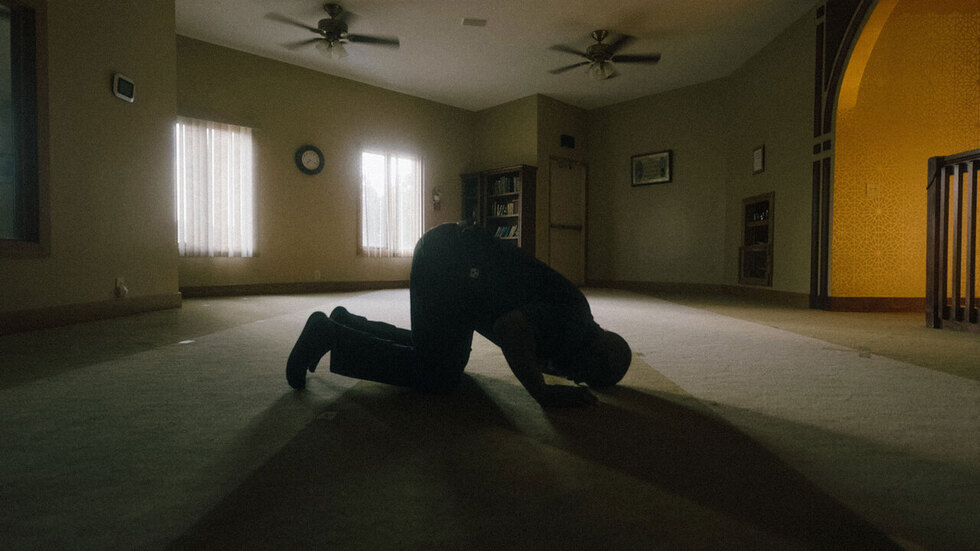
The story behind 'Stranger At The Gate' would be unbelievable if it weren’t for the fact that it’s a documentary. Director Joshua Seftel's shocking short film premiered at Tribeca 2022 and is currently nominated for Best Documentary Short at this year’s Academy Awards. The film follows ex-Marine Mac McKinney's real-life transformation from a terrorist to a peacemaker. Initially, McKinney plans to bomb The Islamic Center of Muncie, Indiana. However, he overcomes his prejudices and falls in love with the religion he blindly resents.
Mac McKinney's transformation is undoubtedly compelling, highlighting the power of human connection and the role that community can play in changing a person's worldview. McKinney was able to turn his life around after being embraced by the Muncie Islamic Center’s members, who showed him, as he claims, "what humanity is about.”
McKinney's narrative is interwoven with that of Bibi Bahrami, the co-founder of The Islamic Center of Muncie, who played a crucial role in McKinney's transformation. Despite learning of McKinney's terroristic intentions from federal agents, Bibi refused to make a case of it and instead decided to confront McKinney through an inclusive community forum. Seftel was moved by Bahrami's approach to humanity and recognized the importance of highlighting her story for the audience to make sense of McKinney’s.
Despite being an outsider to the Muslim community, Seftel is dedicated to sharing and platforming Muslim-American stories, creating nearly 25 different projects around them. Raised as one of the only Jewish children in his upstate New York community, Seftel drew parallels between the discrimination he faced and the post-9/11 vitriol against Muslim Americans. For Seftel, filming ’Stranger at the Gate’ was an opportunity to showcase the benevolence of Muslim Americans and how kindness can contribute to a more loving society, even saving lives. Fresh off community and interfaith screenings, including one with the film’s executive producer Malala Yousafzai, Josh sat down with us to give deeper insight into life after the Oscar nom and the humanity portrayed in his film.
When did you realize the film was getting Oscar buzz?
It's really since Tribeca when we won a jury mention. That was kind of the beginning where we started to wonder if we should strive for the Oscar. We sort of decided at that moment that we were going to. So really since June, we've been thinking about trying to get the film out into the world. And we've done more than 80 screenings since then. It's been unlike anything I've ever quite experienced before.
That moment you guys heard you got nominated, what was it like?
I think it was January 24th, like 8:30 when they did the broadcast of the nominees. We actually recorded it and there were like six of us watching and I did not want to do it. I told them it was a bad idea. Like, why would we film ourselves? The chances of us getting nominated are unlikely. Who wants to have a video of us being disappointed? And then they sort of talked me into it. It's actually a fun memory, you know. I'm actually glad it’s recorded now.
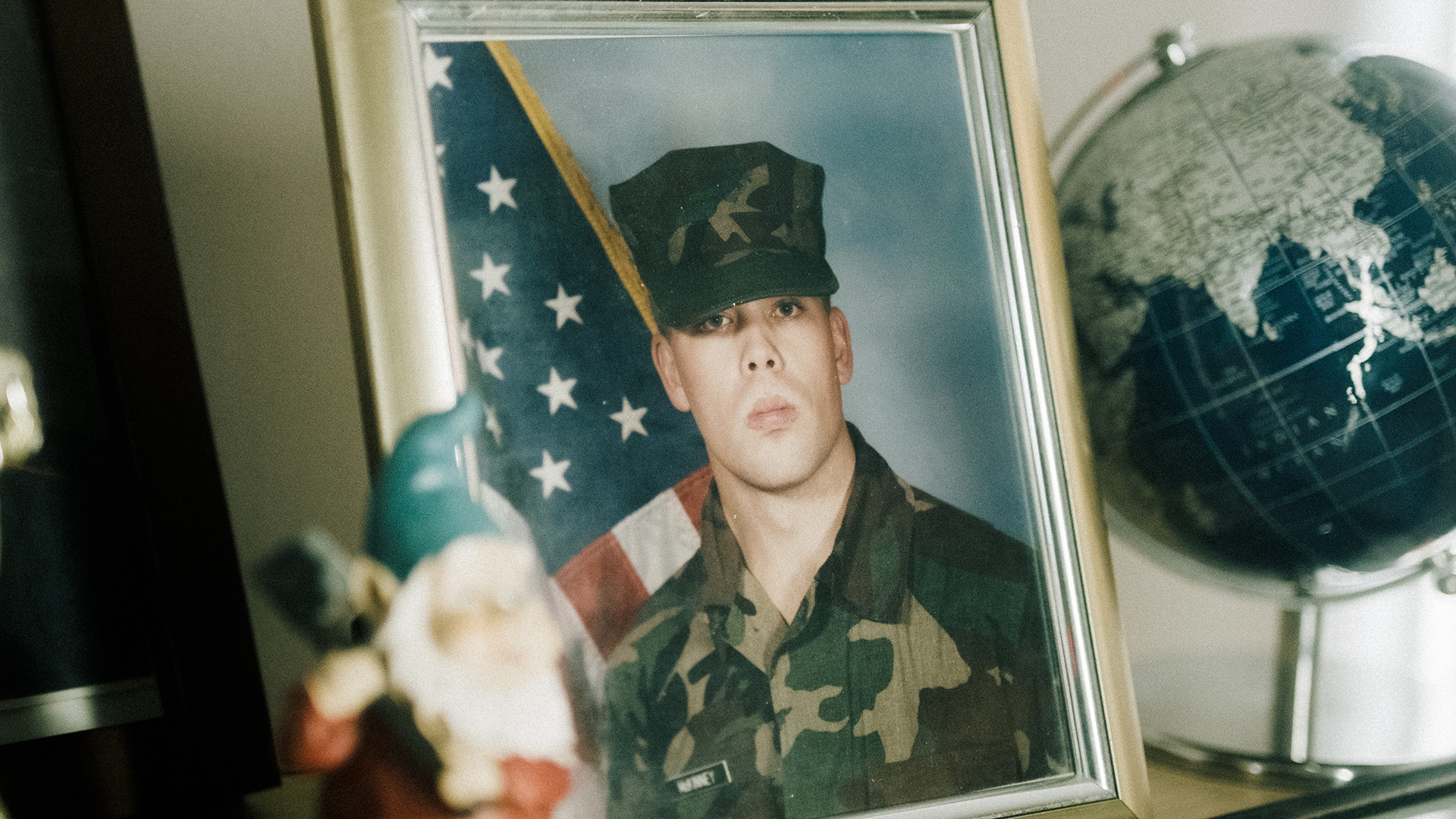
There’s a lot of advocacy around mental support structures for victims of trauma or PTSD but I'm curious, do you think spiritual support systems are just as important?
To me, community is community, whether it comes in the form of organized religious faith or being around people who make pottery or people who like to golf. There's power in community and having that kind of support especially nowadays where I feel like people are a little more isolated than maybe prior to the internet and also the pandemic. But I wouldn’t limit it to that. I don't think there's necessarily a big difference between a church group and a book club. I hope I don't offend anybody.
Do you think that if Mac was offered better mental health facilities he wouldn’t have even considered the attack?
I think he has said that there was some of that healthcare was available and he didn't necessarily take advantage of it but I do think it would've helped to have more mental healthcare for him. But I also think that part of it was that he was consuming things on YouTube and on television that were misinforming him.
Was there any part of you that questioned why there was no legal action taken against Mac?
I definitely would say that if Mac was brown, and he said this too, that he might be in jail right now. You know, there's an element of white privilege to this story. Absolutely. And Mac has acknowledged that, and I acknowledge it. But what is remarkable to me is how he's been able to turn his life around, and become an upstanding member of his community and help other people. I think it only underscores the importance of giving people of any color and any race a chance to redeem themselves.
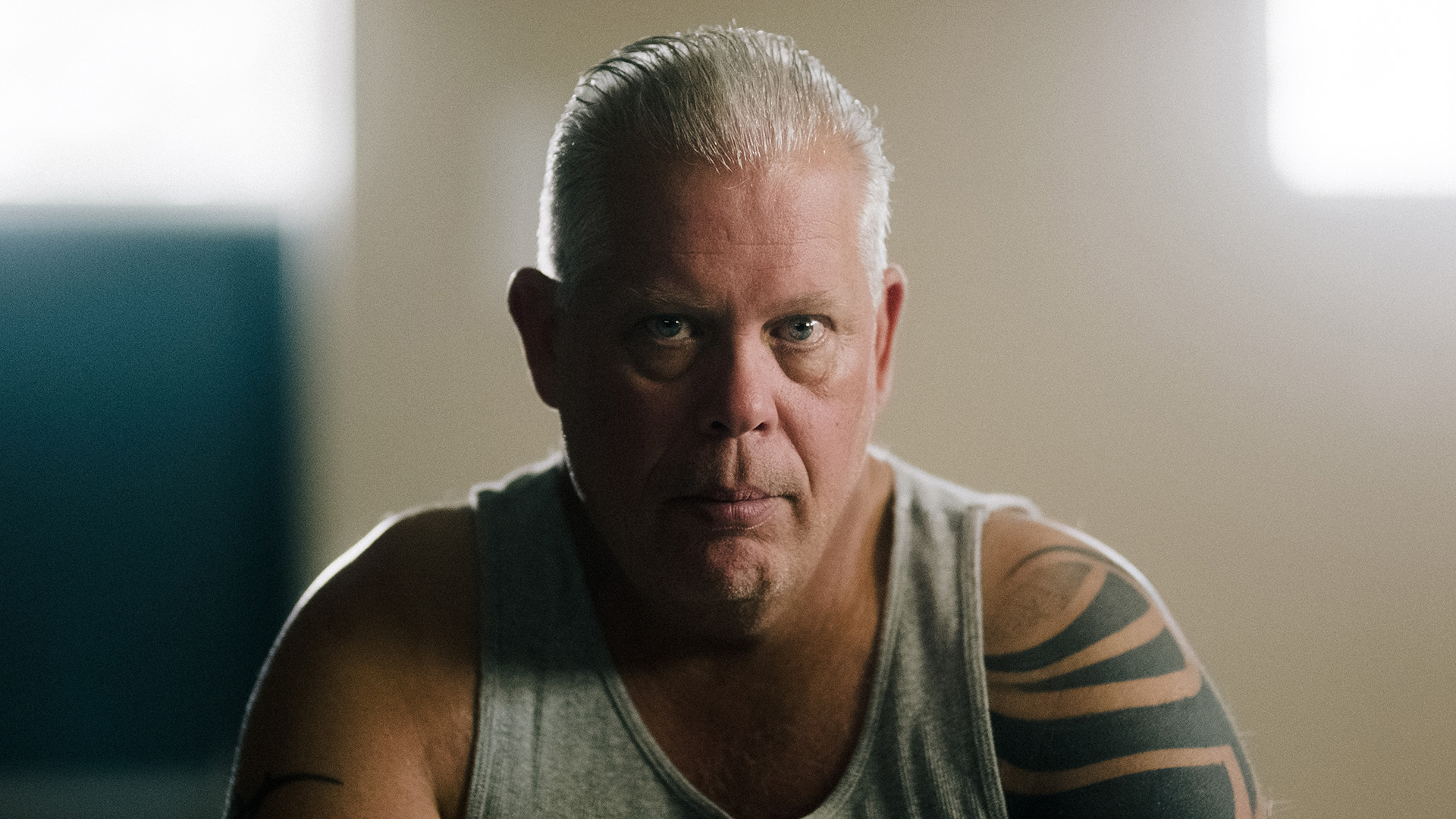
Was there anyone in the congregation that expressed worry or concern about Mac even after the truth had been revealed and he assimilated into the community?
Yeah, there was in fact. People were scared of him but Bibi tried to assuage their fears. When the rumors started to spread that he may have intended to do harm to them, she invited Mack over for dinner to confront him, but she also invited some other members of the mosque who were concerned about him so that they would've the opportunity to also confront him and to talk with him about this. And for that, I think Bibi is a genius. You know, if she was given the chance she could probably help broker world peace. She did something really brilliant. She got everyone in the room together and I think when everyone left the room that day, they felt a little bit better about things.
Do you remember what it was like sharing the news of the nomination with the Muncie Islamic Community Islamic Center?
I think they knew by the time we got to them, they were watching too. I remember talking to Bibi, and I think she had said something like, "I told, I told you we were going to get it.” She always had a good feeling that the message of the film is so important right now, and so I should have listened to her.
How did Mac react to the nomination?
I'm trying to remember. It seems so long ago. It's funny, but it was like a month ago. I feel like maybe it was through text, but I know he was very happy. I mean, he's really committed to sharing this message. This is his like kind of his life's work now. So I think he was really delighted that it got to this level.
You can support 'Stranger at the Gate' by tuning in to the 95th Academy Awards this weekend where it is currently nominated for Best Documentary Short. You can also currently stream the film on the New Yorker website and YouTube.

